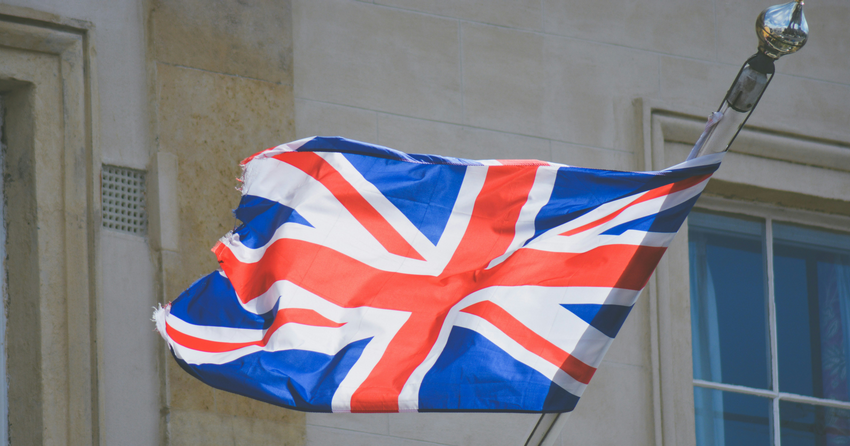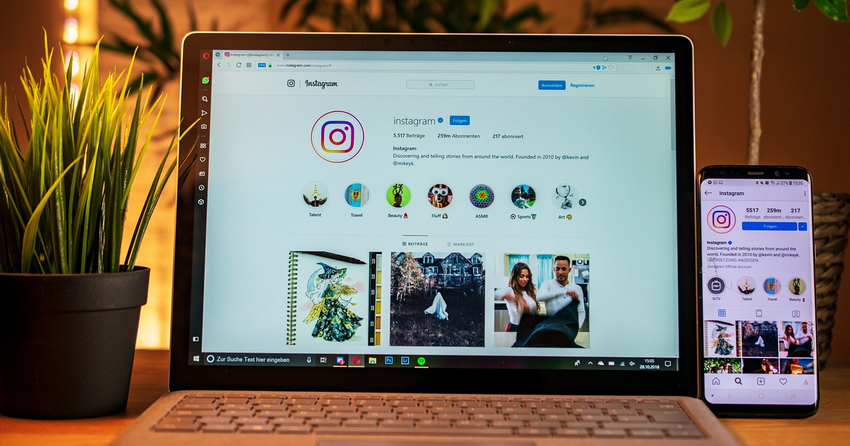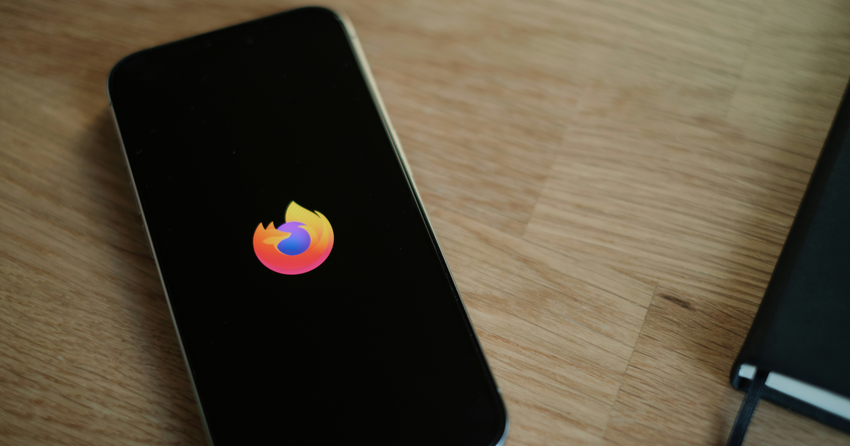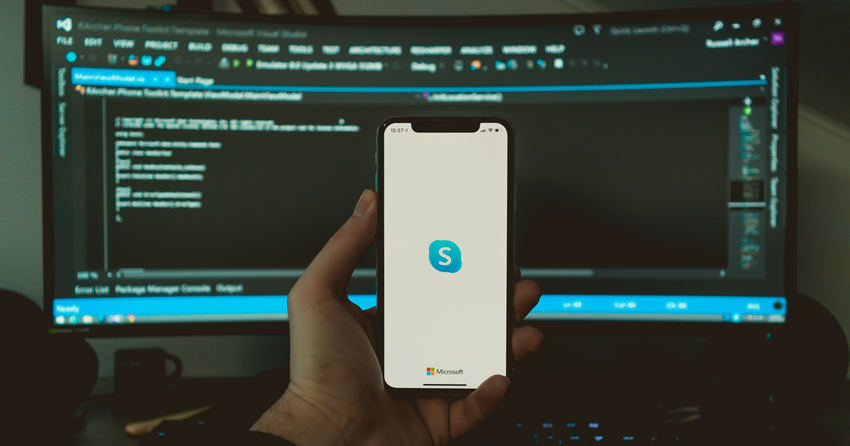
Supreme Court Will Review TikTok Ban but Won’t Move Deadline
On December 18, the US Supreme Court agreed to review whether the Protecting Americans from Foreign Adversary Controlled Applications Act (the “TikTok ban”) violates the First Amendment. However, it will not decide whether to halt enforcement until oral arguments begin on January 10.
The decision follows the chair of the House of Representatives’ denial of TikTok’s request to postpone the law’s application deadline until the Supreme Court made a public ruling. TikTok announced its plan to appeal to the Supreme Court earlier this month when a federal court unanimously voted to uphold the ban.
The federal court initially denied TikTok’s request for a “modest delay” on December 13, calling it “unwarranted.” “The petitioners have not identified any case in which a court, after rejecting a constitutional challenge to an Act of Congress, has enjoined the Act from going into effect while review is sought in the Supreme Court,” the court order reads.
Even for an emergency case, the Supreme Court’s decision to fast-track oral arguments is unusual. According to CNN, the court forewent its typical procedure of reviewing written briefings from both sides before deciding to take the case.
Observers suggest the Supreme Court’s move and TikTok’s attempt to delay the law might relate to the change in the presidential administration on January 20, one day after the law is set to take effect. Whether a brief delay would influence the court’s deliberation remains unclear, though President-elect Donald Trump has previously stated his intention to “save TikTok.”
Regarding the Supreme Court’s choice, TikTok said, “We’re pleased with today’s Supreme Court order. We believe the Court will find the TikTok ban unconstitutional so the over 170 million Americans on our platform can continue to exercise their free speech rights.”
Along with TikTok and its parent company, ByteDance, several TikTok users signed an application for an injunction against the ban. Eight TikTok content creators sued the US government in May over the possible ban.














